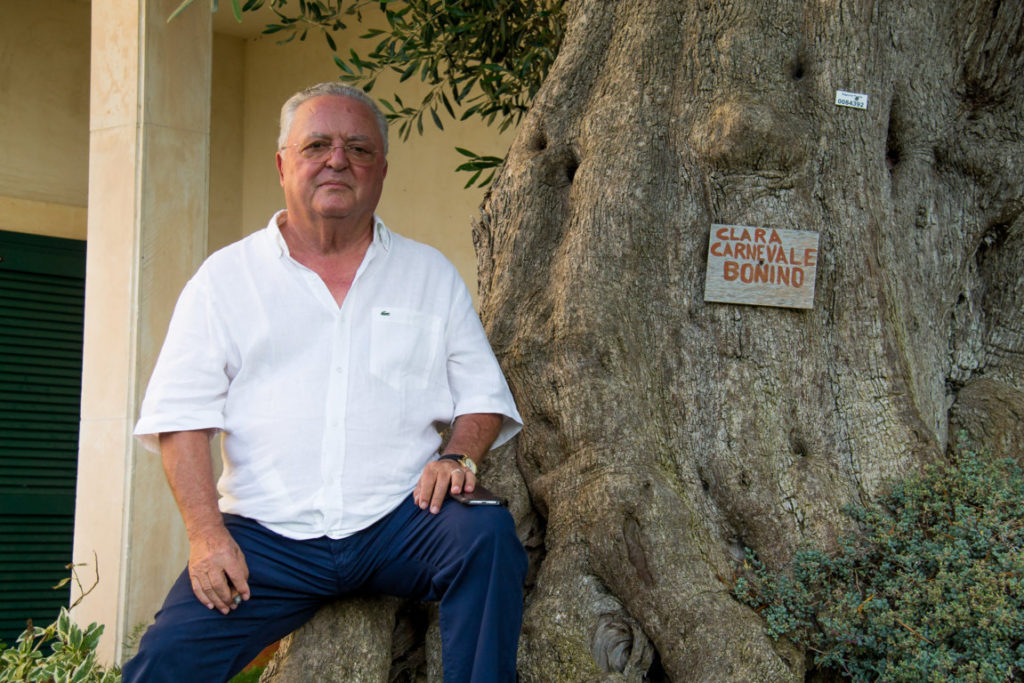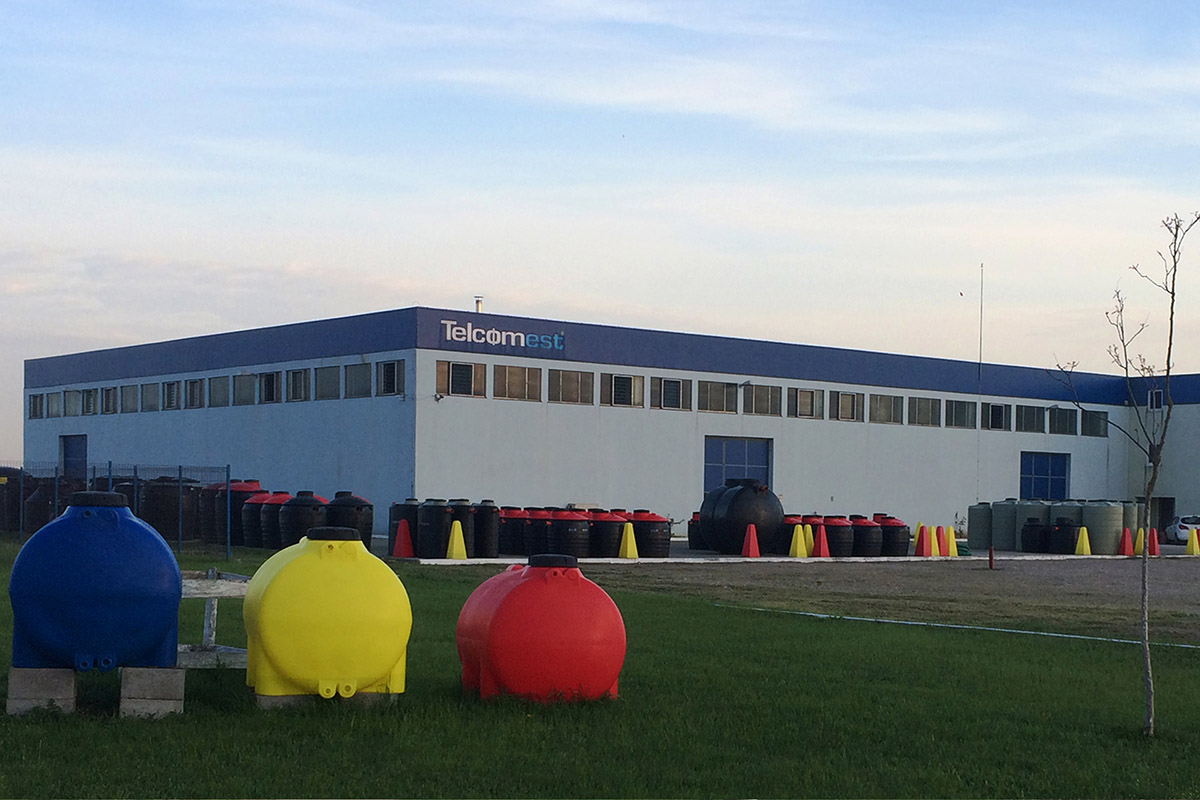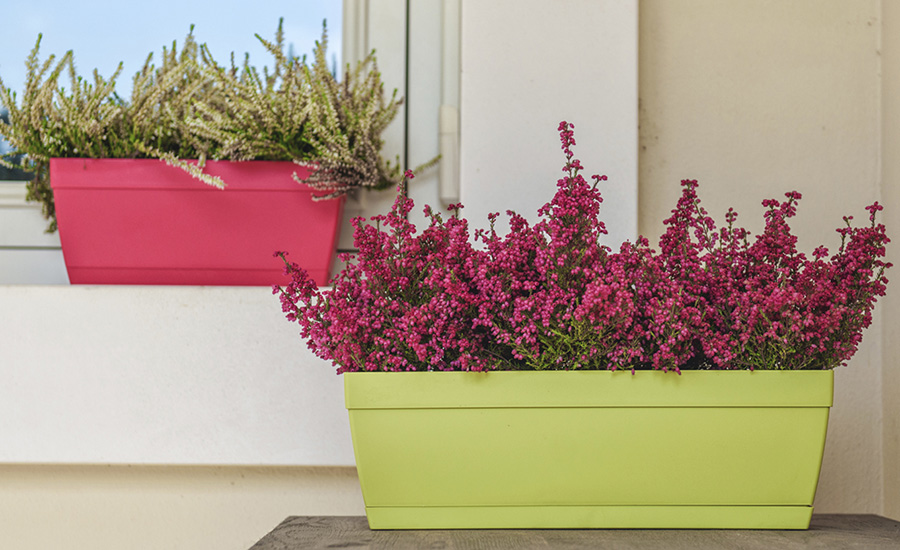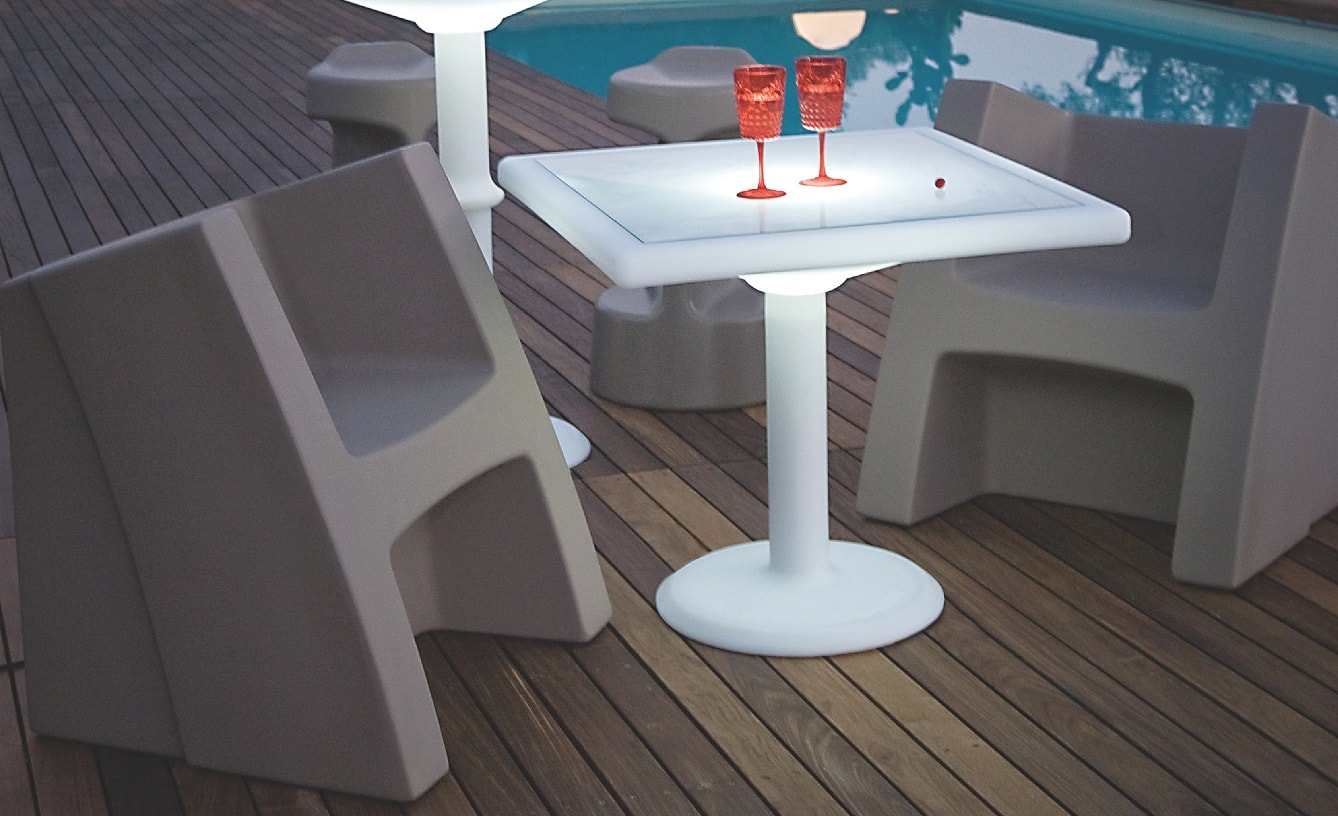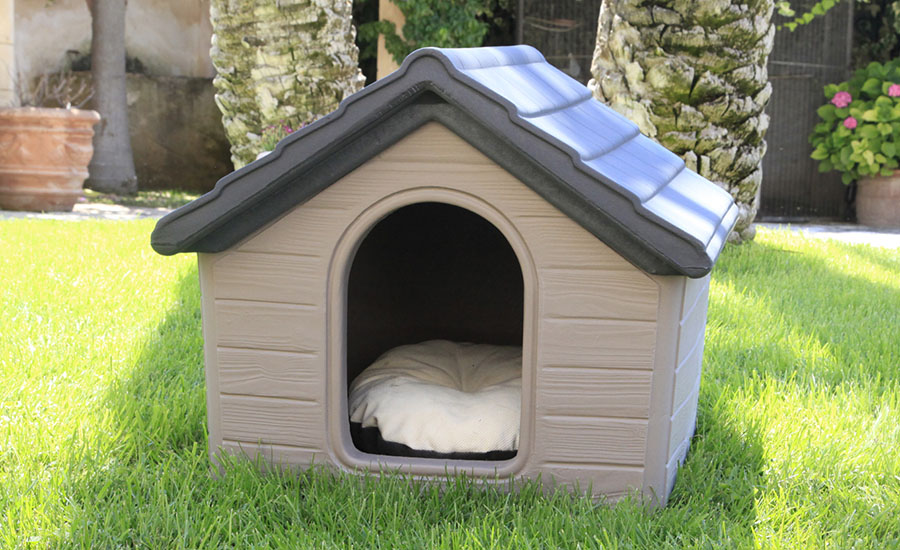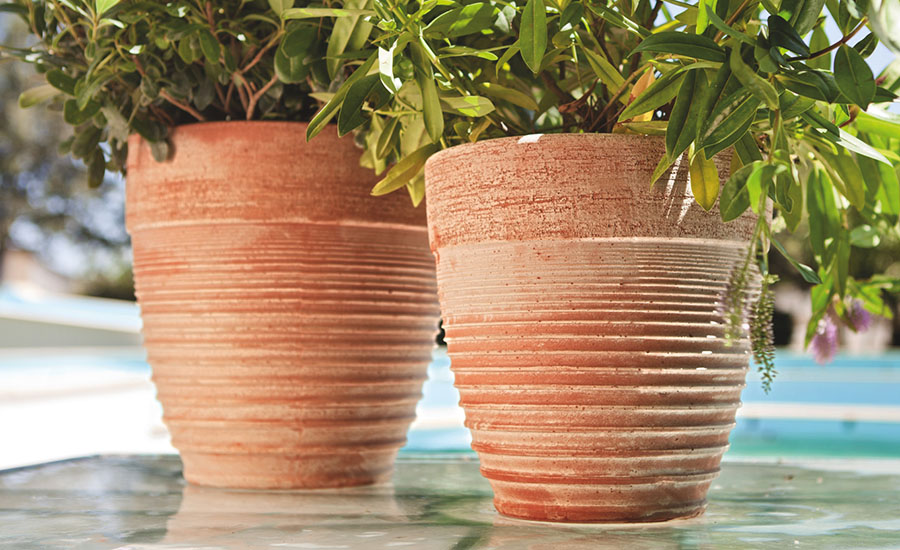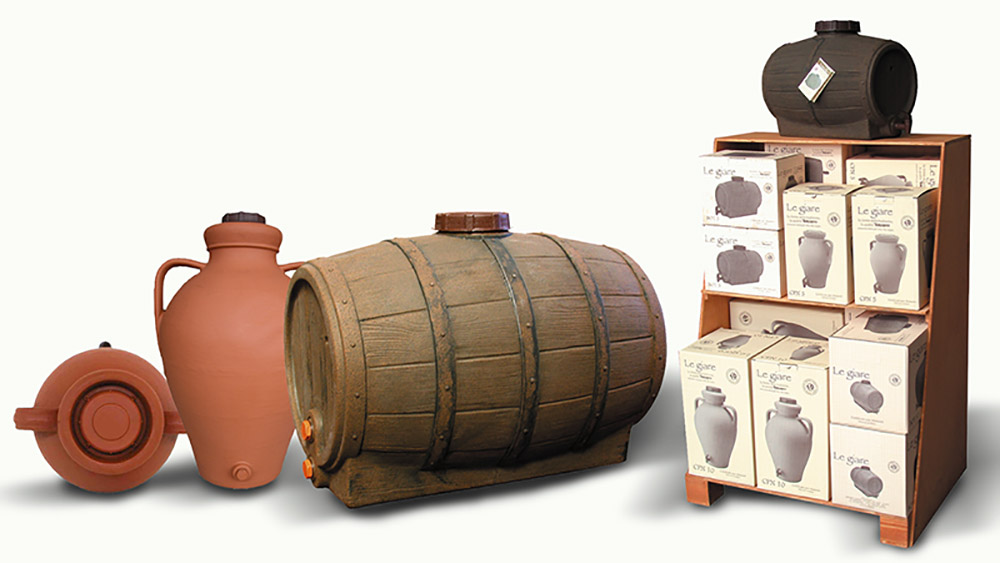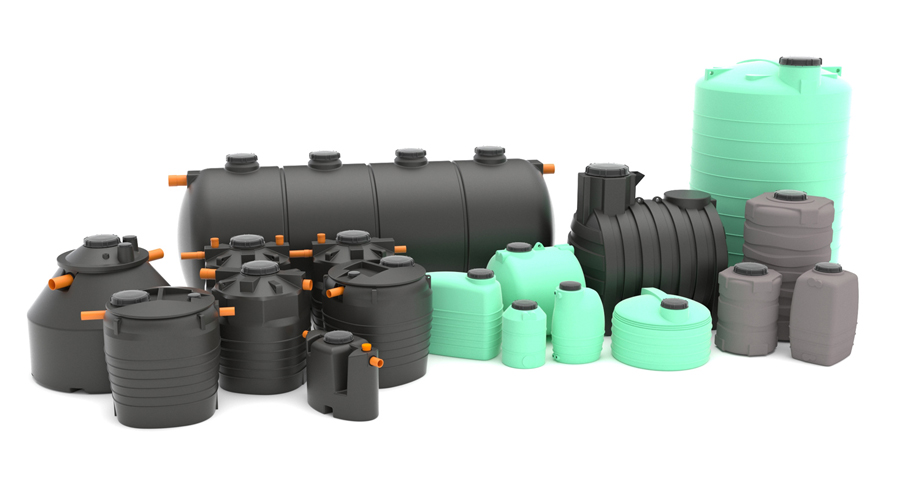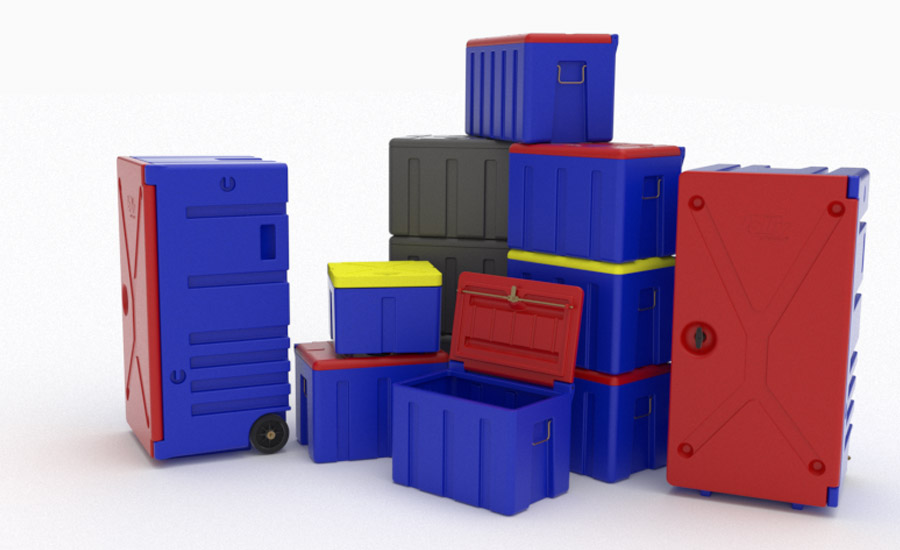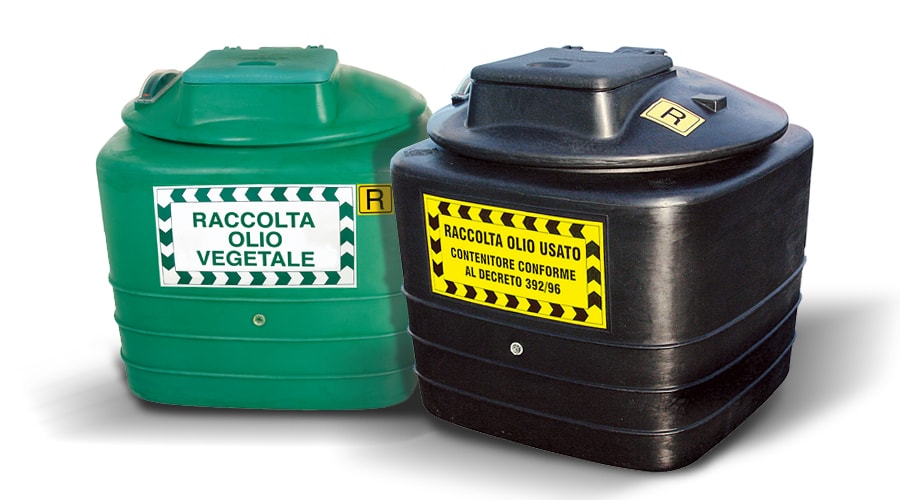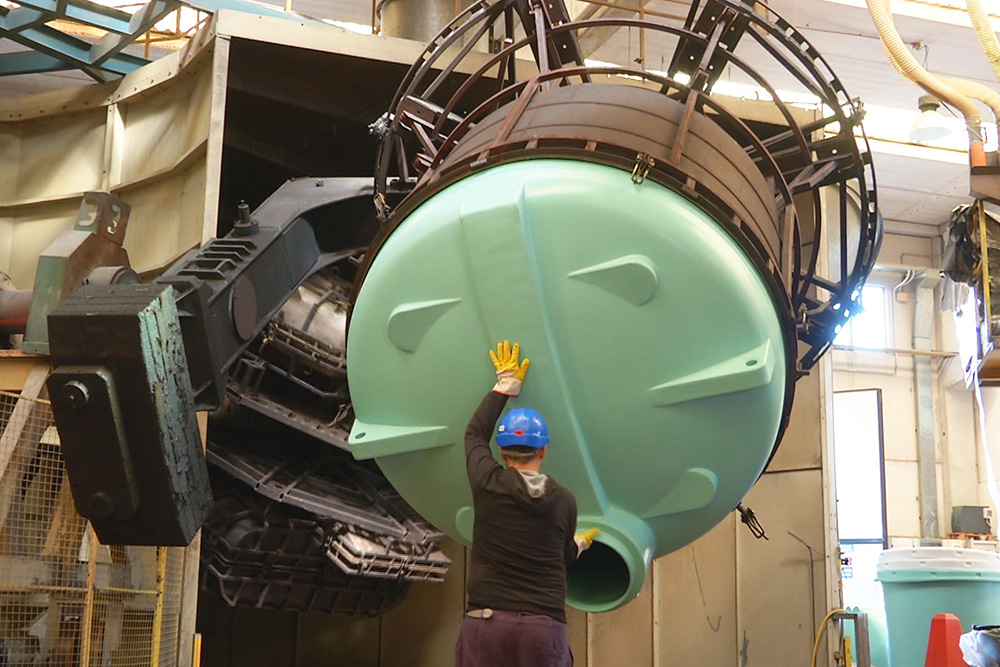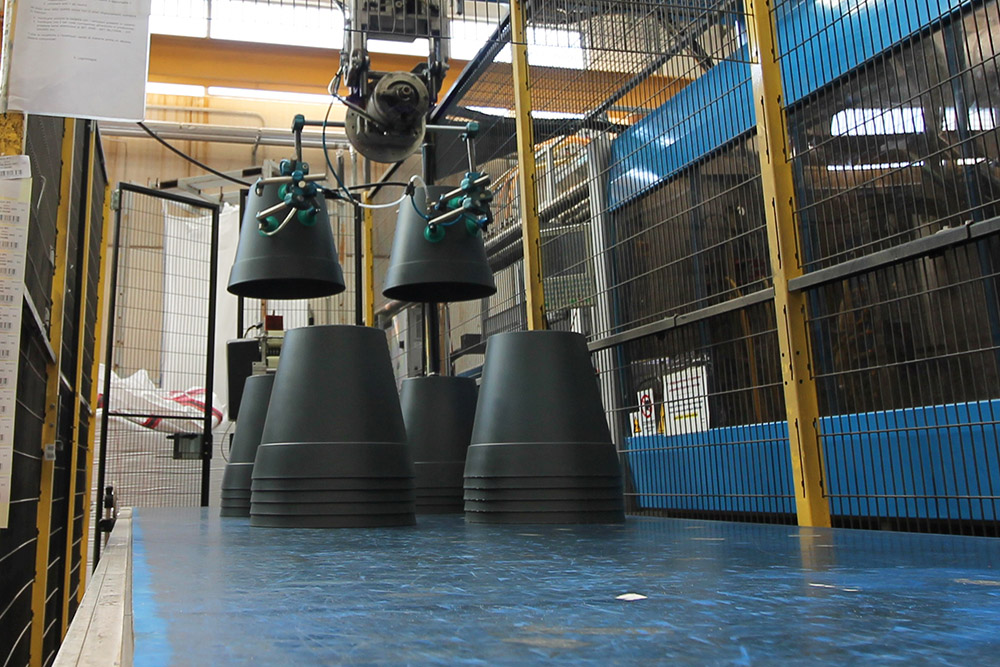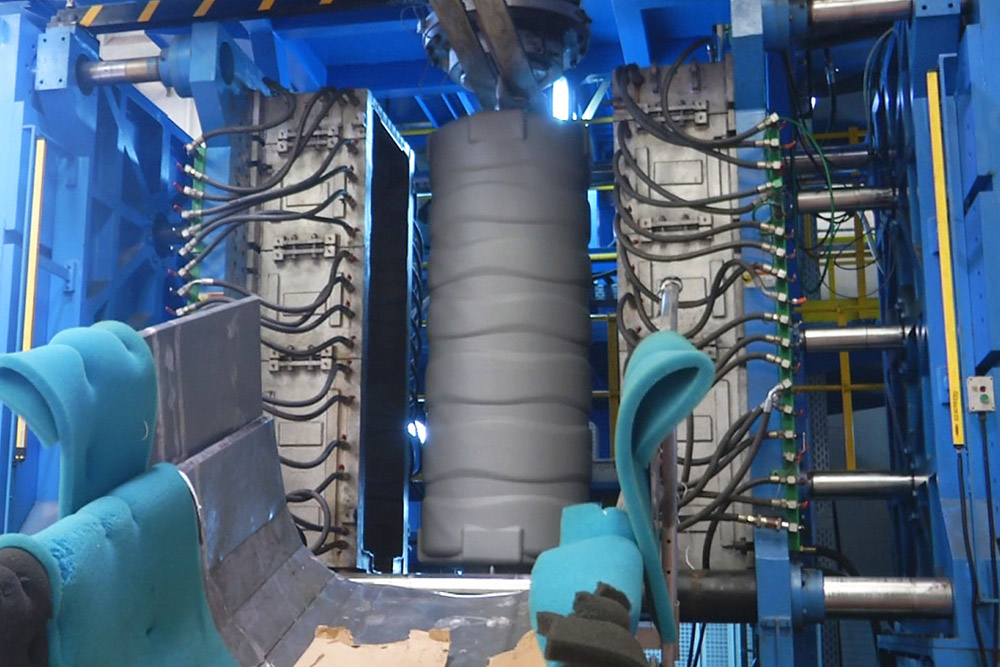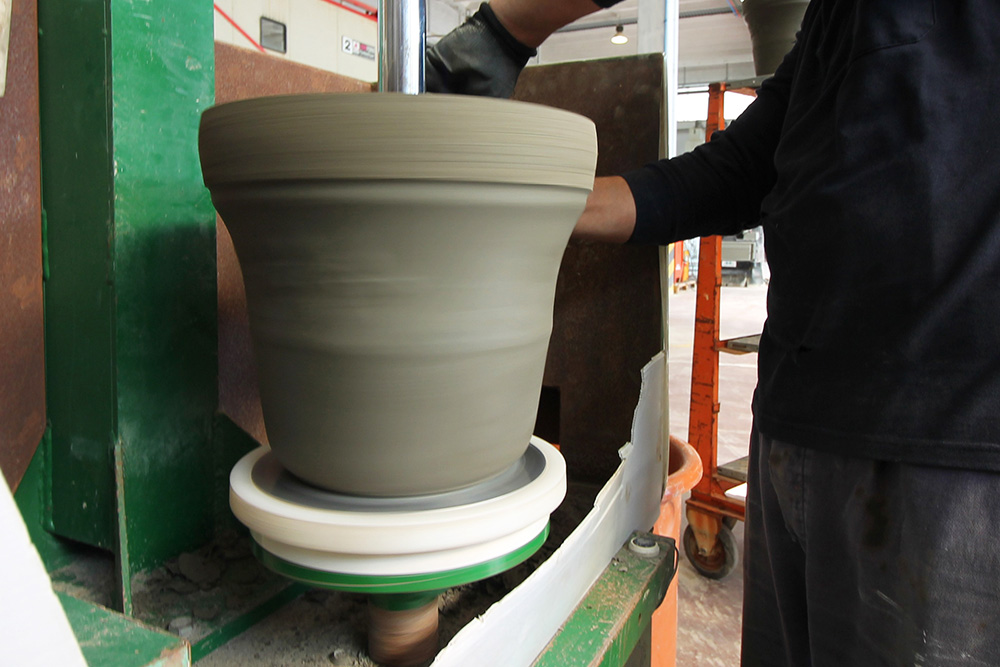Wash-out rainwater treatment
For wash-out rainwater treatment generally is meant to identify the part of water coming from an atmospheric precipitation that, non-absorbed or evaporated, washes out draining surfaces. These, and especially so-called “of first rain”, are often charged with pollutants. For this reason, Regions have regulated the treatment of these waters, whereas they come from industrial areas or where polluting activities are carried out (including car repair shops production of tyres, car bodies…) It became mandatory, thus, provide itself with adequate treatment systems.
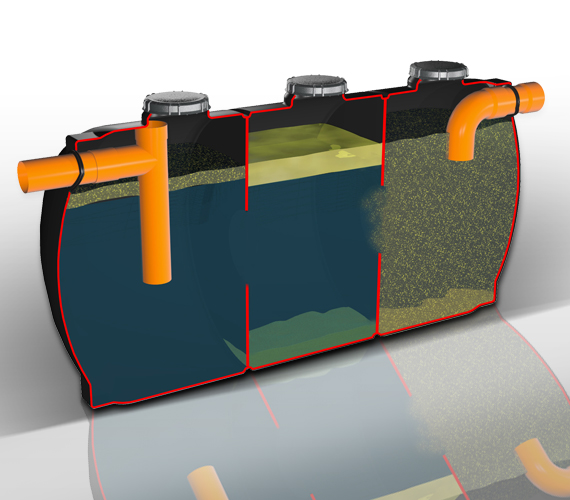
Sand collectors
Sand collectors are used to provide for separation of sands and sedimentable materials from wash-out rainwater. The functioning of the sand collectors is based on the use of stilling tanks adequately set up in which sedimentable materials can precipitate. Sand collectors are sized taking into account of an inert material dimension higher than 0, 2 mm and a time of detention of at least 4 minutes.
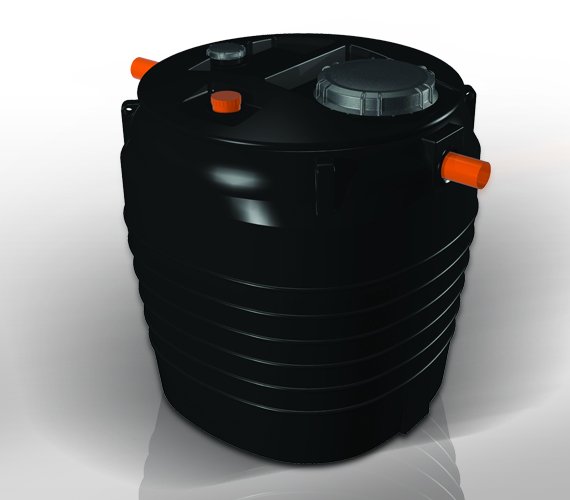
Oil separators
TELCOM oil separators, constructed in polyethylene, totally recyclable material, are to be used when is necessary to provide for separation of oils of mineral origin (not emulsioned), insoluble in water, present in waters coming from yards wash-out, before the delivery in mains drainage or in the receptor corps indicated by Competent Authority. Such products represent, in any case, the preliminary phase of roughing of plants that are more complex. Their operating principle is based on the use of stilling tanks equipped with an internal compartment, in which oils can float according to physical mechanisms of liquid-liquid gravimetric separation. Separated substances are trapped into the internal compartment, while purified sewage pass into the main basin through the appropriate opening on the bottom of the internal compartment, and they set off to the exit.

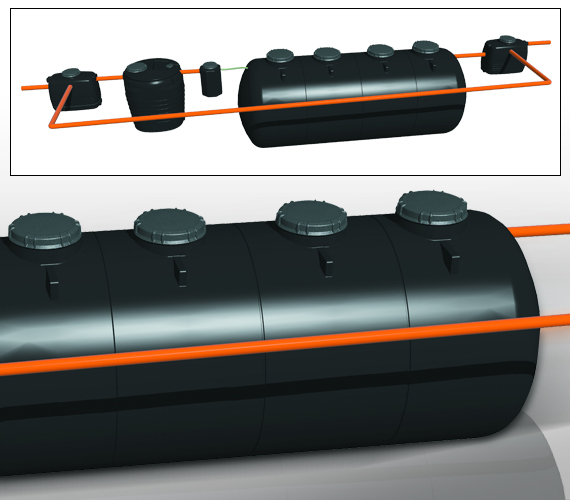
First rain plants
First rain plants are suitable for cases in which the current regional regulation expects the separation and the accumulation of “first rainwater”, which means, that correspondent to first minutes of precipitations (thus, more charged with pollutants) coming from yards or impermeable surfaces wash-out. Telcom, produces complete plants constituted by the following elements:
Spillway well: in which the separation of the first rainwater sent to storage tank from the following one that is sent to receptor corps through by-pass pipeline takes place.
Storage tank: in which the first rainwater is collected and then it is treated after 48 hours from the end of last meteoric event. For the sizing of first rainwater tank, have been considered the first 5 mm of rain falling on the equivalent draining impermeable surface. (Time after which first rainwater must be disposed varies according to the Regional regulations; hence, appropriate timer can govern it)
Oil separator: in which the separation of not emulsioned oils takes place
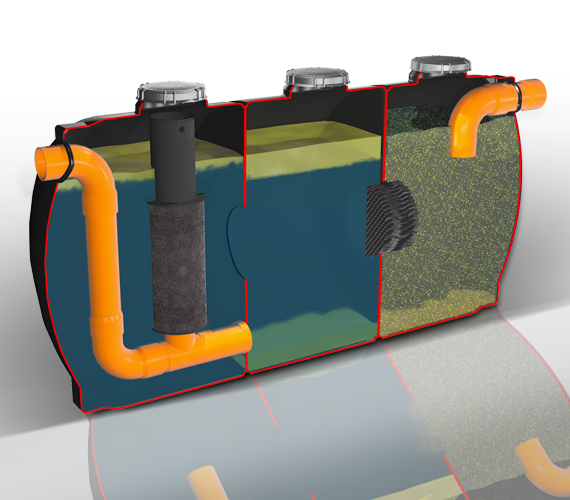
Plants in continuous monoblock
Telcom S.p.A. provides for a process of sand separation and oil separation as “continuous treatment” of rainwater “for draining surfaces destined only to transit, parking or stopover of vehicles, as well as handling and deposit of non-hazardous materials”.
The functioning of Telcom sand and oil separators relies on physical processes based on the reduction of the fast of sewage. By guaranteeing a calm zone, in fact, the substances present, characterized by a specific weight different from that of water, under the action of gravitational force, go up for flotation or sedimentation at the bottom. Such process is fostered by the compartmentalisation of manufactures, in fact, in the first compartments oils accumulation and sedimentable substances take place, while in the following ones a progressive and increasing sewage clarification occurs.


